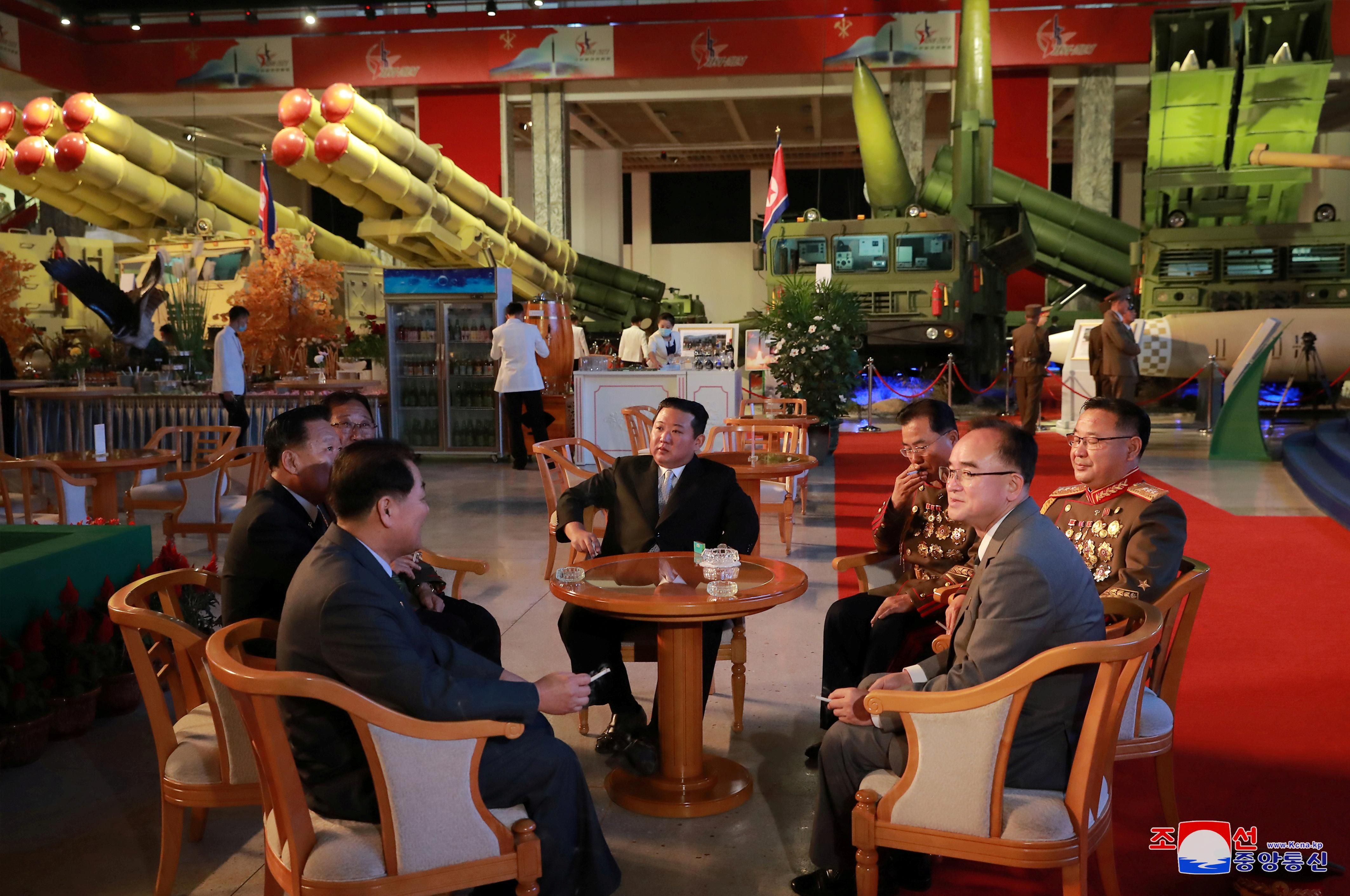What We're Watching: North Korean bluster, EU aid for Afghanistan, Tigray offensive
What We're Ignoring
Kim Jong Un's "invincible" military: North Korea's supreme leader is desperate for American attention these days. At the same time he's showing the South a little more love, Kim is lashing out at the US, now vowing to build an "invincible" army to defend his country from American hostility. The supreme leader, who just two weeks ago tested his first hypersonic missile, is doubling down on his strategy of getting more — and more powerful — weapons to convince President Joe Biden to stop ghosting him and return to the negotiating table. But it hasn't worked so far, and unless Kim has a bigger ace up his sleeve, the talks will remain frozen — as will North Korea's hopes of getting the US to lift economic sanctions in place because of Pyongyang's nuclear program.
What We're Watching
The EU gives money to help Afghans help… the EU: The EU will give crisis-ridden Afghanistan $1.15 billion in humanitarian aid, including 300 million euros previously pledged to address urgent humanitarian needs like food or medicine since the Taliban took over. Ursula von der Leyen says the funds would go to international aid organizations on the ground, like the UN, and not to the Taliban-led government, which Brussels has so far refused to recognize. This means that development aid, which would be directed to rebuild critical infrastructure like roads, remains frozen. But the EU's outreach is, at least in part, motivated by self-interest: the 27-member bloc wants to stave off a massive wave of refugees as was the case in 2015-2016, when millions of displaced Syrians applied for asylum there, giving rise to a right-wing populist wave throughout the continent.
Ethiopia's crackdown in Tigray: In a bid to end a year-long conflict, Ethiopian forces have reportedly launched a "final" ground offensive against the Tigray People's Liberation Front. Prime Minister Abiy Ahmed — who came to power in 2018, ending 30 years of rule by ethnic Tigrayans — ordered almost 11 months ago a brutal military attack on TPLF forces for what he said were attacks on government troops (Abiy has since been accused of gross human rights abuses). Back in June it seemed like a ceasefire could hold, but that might have been a way for Abiy to lower the temperature as he faced his first electoral test (which he won!) Made up of dozens of ethnic groups who speak over 100 languages, Ethiopia has long been mired in inter-ethnic strife. But since the government started waging war on the Tigrayans one year ago, at least 2 million people have been displaced, while 400,000 are living under famine-like conditions because Addis-Ababa has blocked access for aid organizations.
